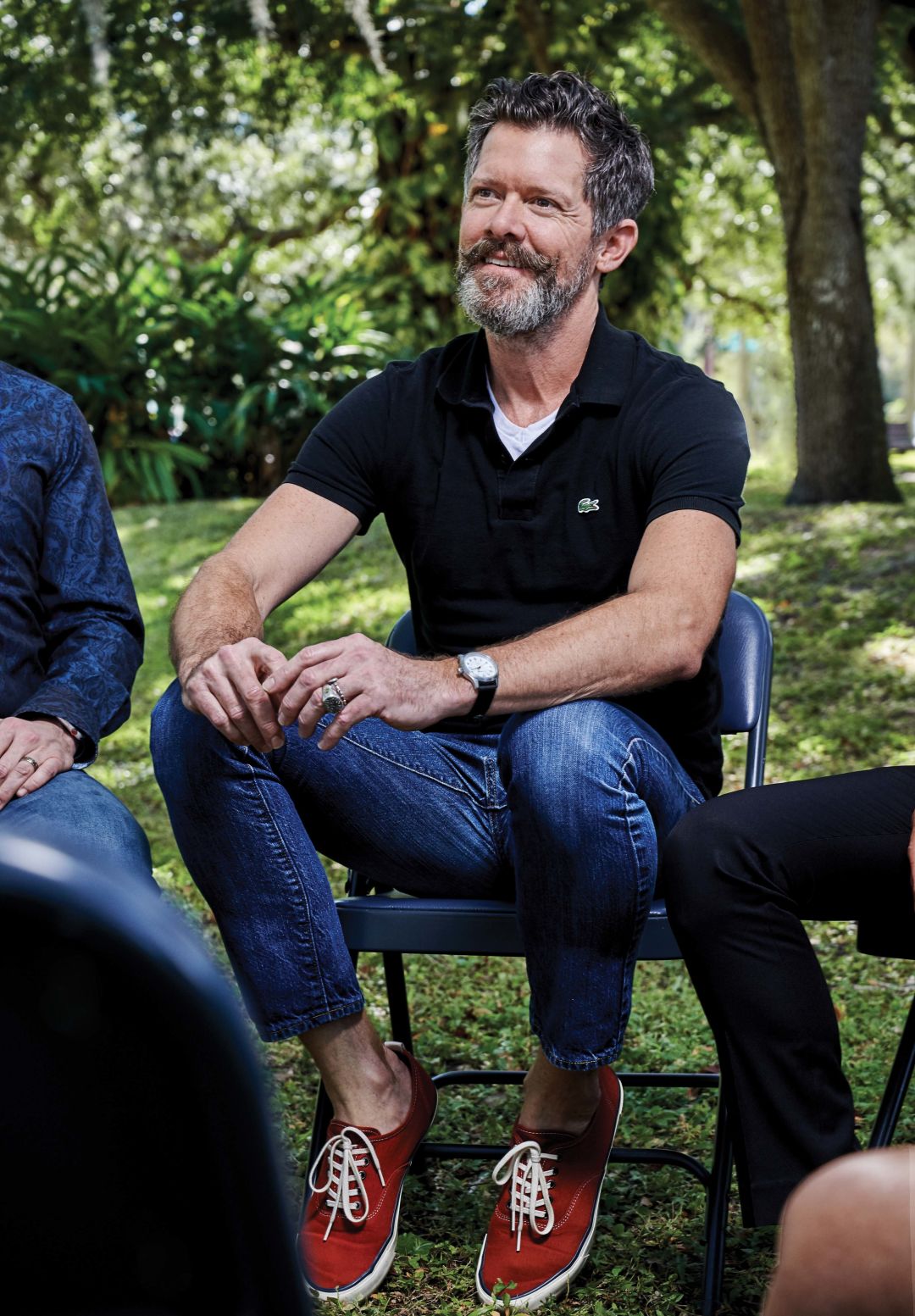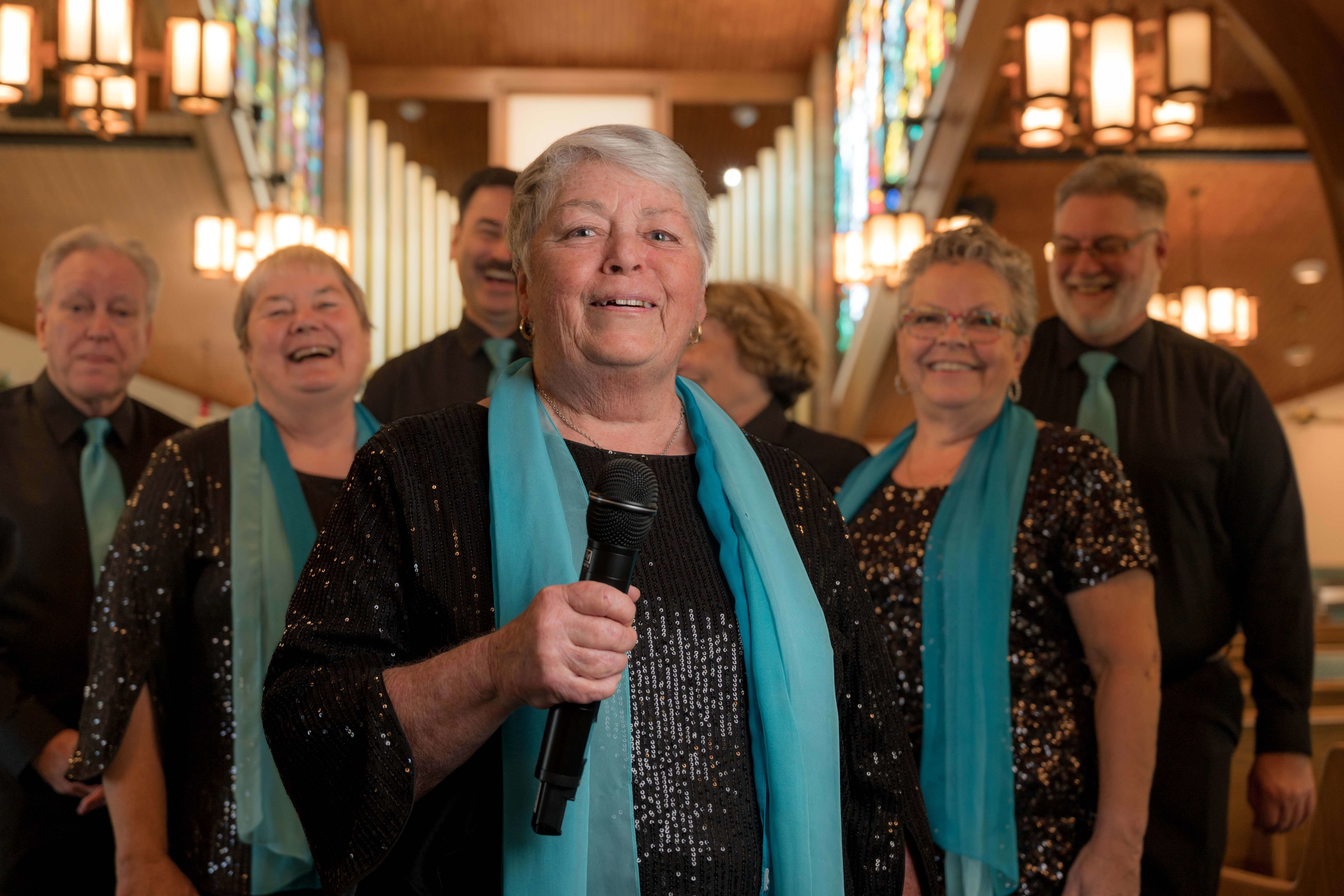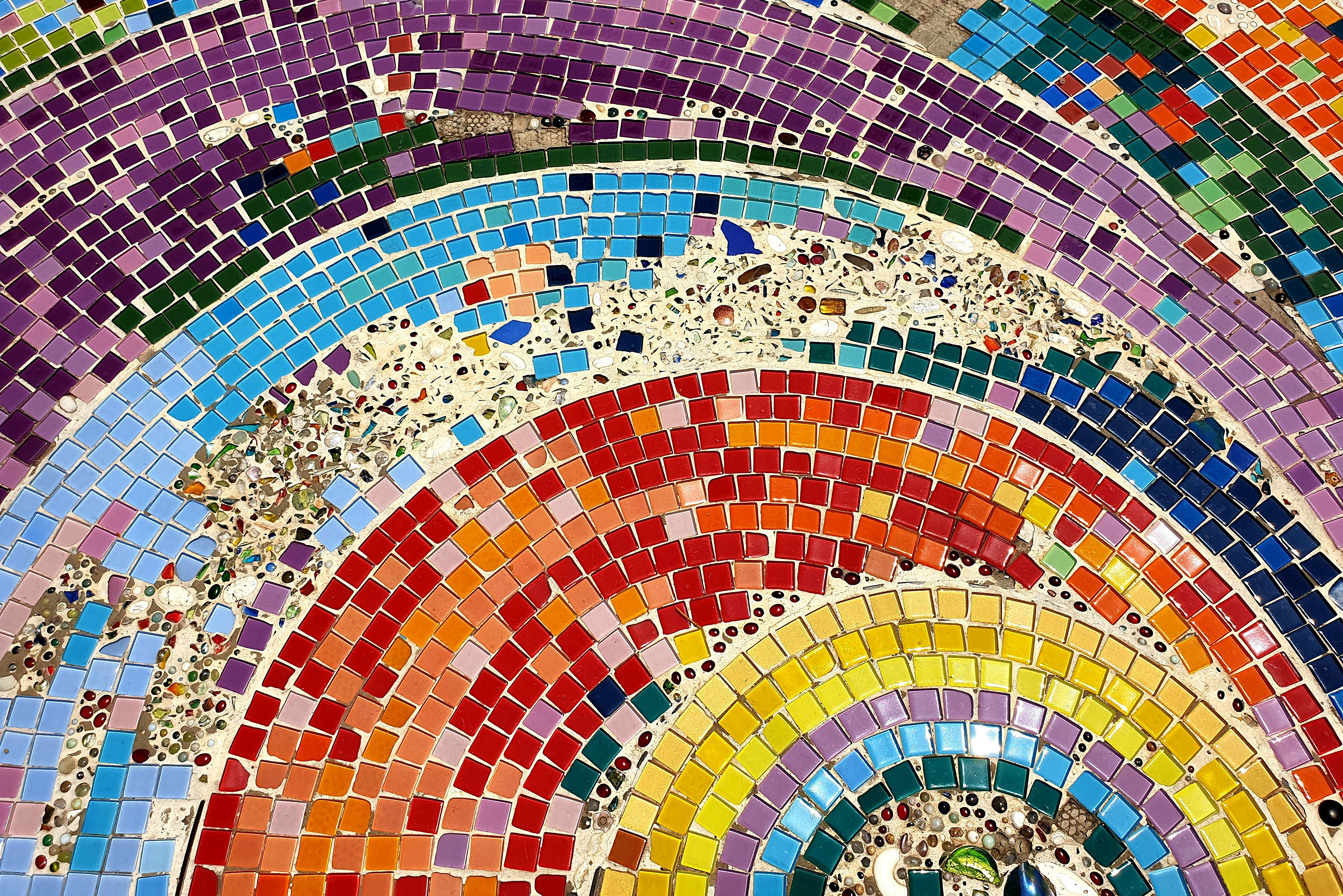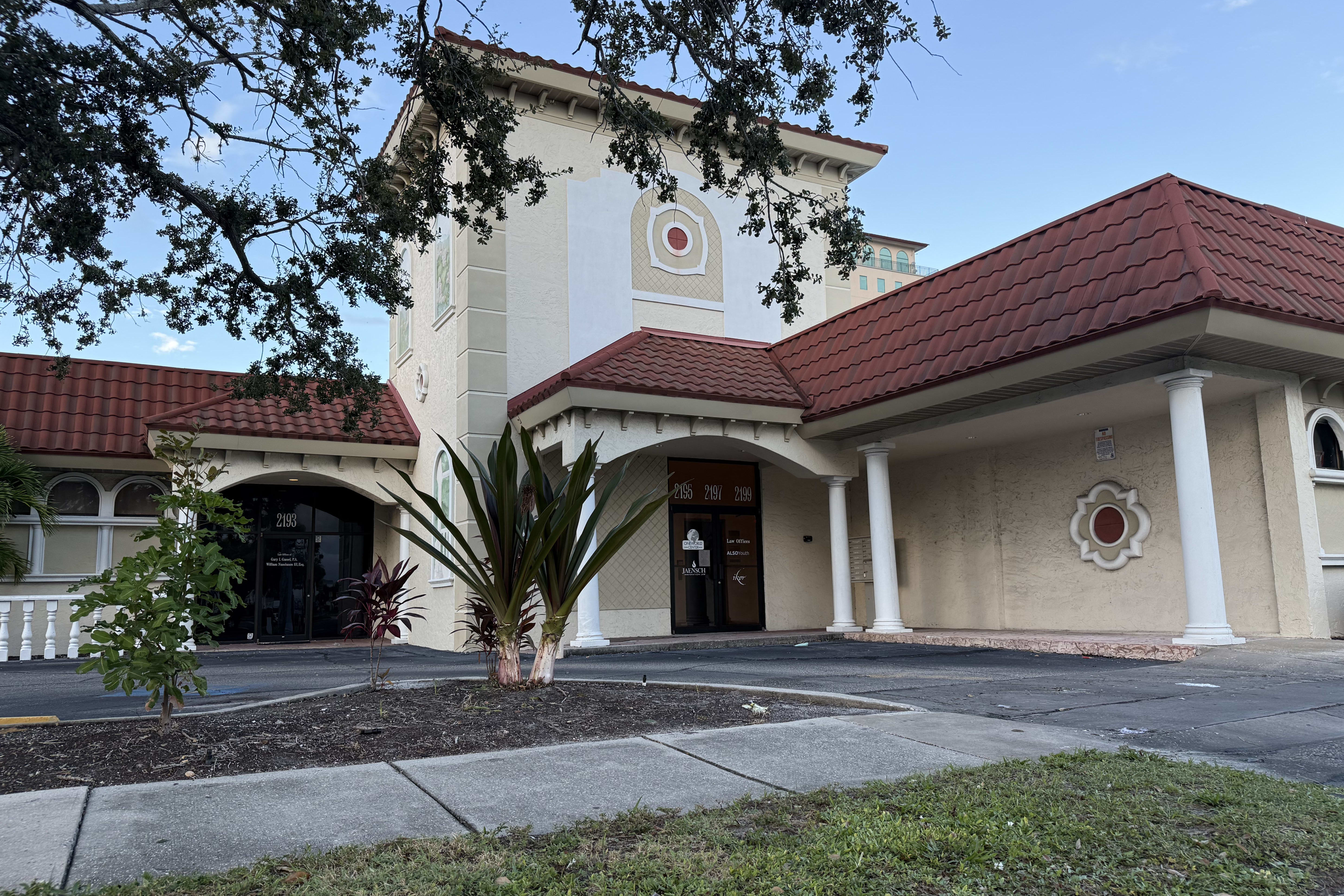Robert Rogers Started the Conversation With LGBTQ Elders About Loss and Legacy

Robert Rogers
Image: Alan Cresto
Three chance conversations one weekend in 2016 with three gay men grieving the deaths of their longtime partners set Robert Rogers on a path to creating support groups among older members of Sarasota’s LGBTQ community, people in their 70s, 80s and even 90s.
“They felt completely lost,” says Rogers, 55, director of community outreach for the Friendship Centers’ Sarasota County operations. “For a community with a large LGBTQ population like Sarasota, there were no resources for conversations about grief and loss. When the last person left my office, I walked upstairs [to the Center’s administrative offices] and said, ‘this is what we’re doing;’ I didn’t even ask.”
“This” was the formation of a weekly grief support group led by volunteer therapist Jeffrey Frank. From an initial three participants in 2017, two groups now convene weekly, each with 10 to 12 people eager to draw comfort from sharing their experiences. The definition of grief is broad, Rogers says. “It can be someone who has lost a partner, lost a job, lost their identity, lost their way. It’s incredibly emotional. It’s a place where we manage to create community, build trust and have extremely honest conversations.”
Rogers saw another opportunity to continue the dialogue when StoryCorps last year created Stonewall OutLoud to coincide with the 50th anniversary of the Stonewall riots. The aim is to capture interviews with LGBTQ elders “before they are lost to history.” Every Tuesday, Rogers sits down with local gay elders—41 and counting—to tape their stories for StoryCorps. “It’s a beautiful way to create this legacy and inspire other generations,” he says.
Rogers’ next project is recording conversations between LGBTQ elders at Friendship Center and Ringling College students through the school’s Center for Diversity and Inclusion. “[The students] shared that there is a palpable disconnect; they’re not connected to their heritage,” he says. Already there’s talk of Ringling film students creating a documentary around the experience.
“Every encounter has enriched my life in ways I can’t describe,” says Rogers. “I’m a better person because of the generosity of all these people who’ve chosen to talk to me.”



